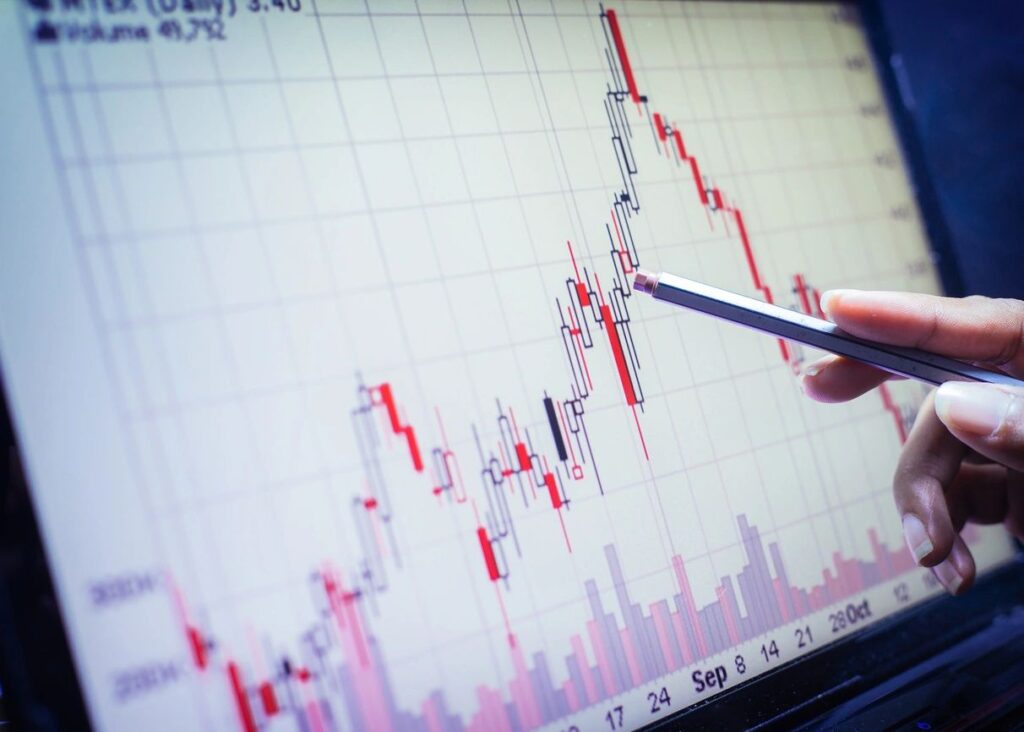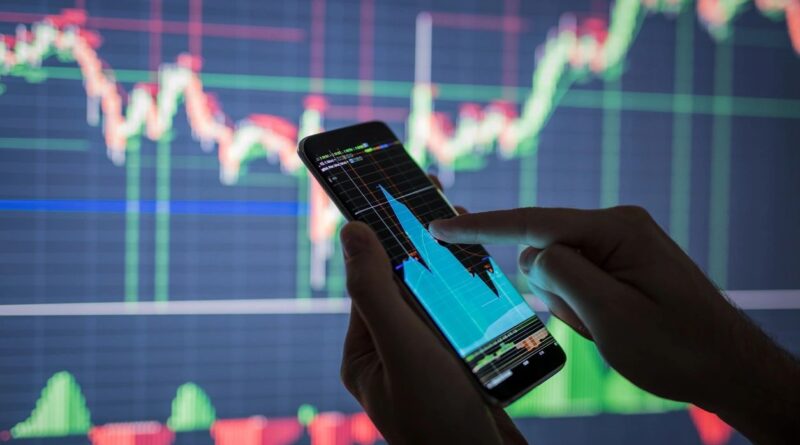What Are Stock Buybacks
As I sit here, surrounded by financial reports and market analyses in the news everyday, I find myself drawn to a concept that seems to spark both fascination and controversy in equal measure by many people: stock buybacks. For many, the term might conjure images of corporate greed or market manipulation, but my journey into understanding this financial phenomenon has revealed a more nuanced reality.
Before delving into the intricacies, let’s establish a foundational understanding. Stock buybacks, also known as share repurchases, occur when a company buys back its own outstanding shares from the marketplace. Essentially, this means that a portion of the company’s ownership is being retired, reducing the total number of shares outstanding.
My curiosity led me to explore the motivations behind these buybacks. Why would a company choose to repurchase its own shares? The reasons are multifaceted, often intersecting with the company’s financial health, market conditions, and strategic objectives.

One primary motivation for stock buybacks is to return excess capital to shareholders. When a company finds itself sitting on a pile of cash that exceeds its immediate investment needs, it can opt to utilize this surplus to buy back shares. By doing so, the company effectively returns value to its shareholders, as the repurchased shares are typically retired, thereby increasing the ownership stake of remaining shareholders.
Another rationale behind stock buybacks lies in capital structure optimization. By reducing the number of outstanding shares, a company can improve key financial metrics such as earnings per share (EPS) and return on equity (ROE). This can make the company appear more attractive to investors and potentially boost its stock price.
However, the decision to engage in stock buybacks is not without its critics. Some argue that companies often prioritize buybacks over investments in research and development (R&D), capital expenditures, or employee wages. Critics suggest that this short-term focus on boosting stock prices through buybacks may come at the expense of long-term growth and innovation.
To better understand the impact of stock buybacks, I turned to a study conducted by the Securities and Exchange Commission (SEC). In their report, the SEC examined the effects of buybacks on corporate behavior and market dynamics.
One notable finding was that while buybacks can enhance shareholder value in the short term, they may not always lead to sustainable growth in the long run. Additionally, the study highlighted concerns about potential market manipulation and insider trading related to buyback activity.
These findings shed light on the complex interplay between stock buybacks, corporate strategy, and market dynamics. It’s clear that buybacks can have both positive and negative consequences, depending on various factors such as the company’s financial position, regulatory environment, and broader economic conditions.
Furthermore, the debate surrounding stock buybacks extends beyond the realm of finance and economics. It raises questions about corporate governance, income inequality, and the role of corporations in society. As companies allocate resources towards buybacks, they inevitably make trade-offs that affect stakeholders ranging from employees to communities.
In light of these considerations, it’s crucial for investors and policymakers alike to critically evaluate the implications of stock buybacks. While they can be a valuable tool for capital allocation and shareholder value creation, they should be approached with caution and transparency to ensure alignment with broader societal goals and long-term sustainability.
In conclusion, my exploration of stock buybacks has revealed a multifaceted phenomenon with far-reaching implications. From its impact on financial markets to its role in shaping corporate behavior, stock buybacks occupy a central position in the intersection of finance, economics, and governance. As I continue to navigate the complexities of the financial world, I am reminded of the importance of informed analysis and critical thinking in understanding and addressing these complex issues.
Reference:
Securities and Exchange Commission. (2018). Study on Stock Buybacks. Retrieved from https://www.sec.gov/rules/other/2018/33-10521.pdf



